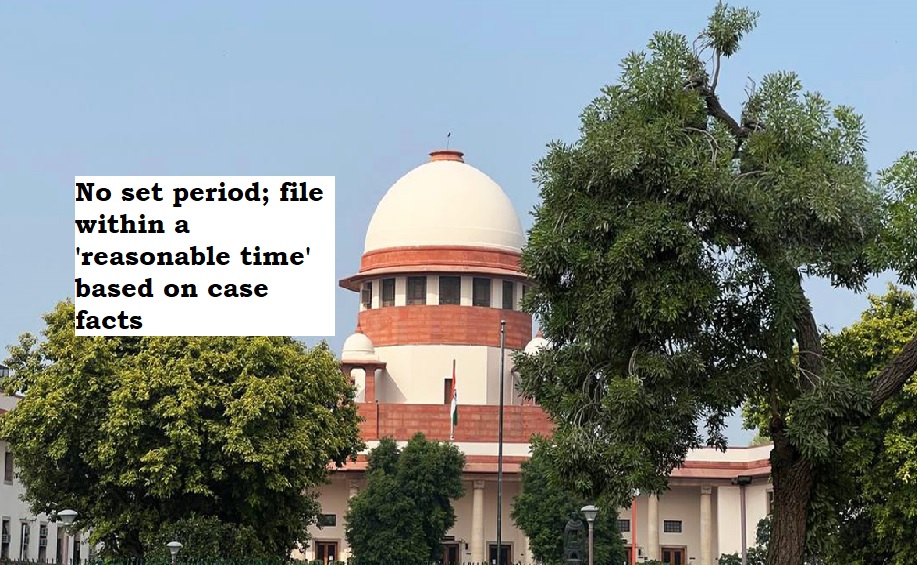


The Supreme Court has ruled that in cases where no specific limitation period is prescribed for filing an appeal, it must be done within a reasonable time based on the facts and circumstances of each case. The bench, consisting of Justice Abhay S. Oka and Justice Sanjay Karol, emphasized that courts should refrain from imposing their own limitations when the legislature has not specified a time frame. The case in question involved M/S North Eastern Chemicals Industries (P) Ltd. ("Appellant") supplying goods to M/S Ashok Paper Mill (Assam) Ltd. and another ("Respondents"), with the latter making only partial payment.
The Respondents were declared a "sick company" under the Sick Industrial Companies (Special Provisions) Act, 1935, and the government of Assam enacted the Jogighopa (Assam) Unit of Ashok Paper Mills Limited (Acquisition Transfer of Undertaking) Act, 1990 ("Jogighopa Act") for the industry's revival. The Appellant filed a claim under Section 16 of the Jogighopa Act for Rs. 1,58,375/- along with interest. The Commissioner of Payments awarded the principal sum but denied interest. The High Court later determined that interest would accrue from 23.09.1992, as per the 'Interest on Delayed Payments to Small-Scale and Ancillary Industrial Undertaking Act 1993.'
The Appellants, dissatisfied with the Commissioner's decision, filed an appeal before the District Judge under Section 22(8) of the Jogighopa Act, along with an application under Section 5 of the Limitation Act, 1963, for condonation of delay. The District Judge admitted the appeal on 14.05.2009, stating that no specific time was provided for filing an appeal before the Principal Civil Court after dissatisfaction with the Commissioner's decision.
The Respondents filed a Civil Review against the District Judge's order, and the High Court allowed it, deeming the appeal erroneously admitted and dismissing it as barred by limitation. The central issue before the bench was whether, in the absence of a prescribed limitation, an appeal from the Commissioner of Payments' order could be entertained, regardless of the time elapsed.
The bench referred to the Supreme Court judgment in Ajaib Singh v. Sirhind Coop. Marketing-cum-Processing Service Society Ltd., emphasizing caution in prescribing specific limitations where the legislature has not done so. It was reiterated that courts should not dismiss pleas solely on the ground of delay without considering the nature of laws and the prejudice caused to the other party in the specific case. This principle was affirmed in subsequent judgments.
The bench outlined the factors to be considered in cases with no prescribed limitation, including the conduct of the parties, the nature of the proceeding, the length of delay, the possibility of prejudice, and the statute's scheme. It emphasized that a party claiming delay must demonstrate how the delay would cause additional prejudice compared to raising the claim earlier.
In cases where no limitation is specified, parties are not allowed to litigate decades later. However, shorter delays would not necessarily attract delay and laches. The bench held that the appeal by the Appellant was maintainable since neither the general nor the specific statute provided a time frame for filing such an appeal.
In conclusion, the Supreme Court's decision underscores the importance of assessing appeals filed without a prescribed limitation on a case-by-case basis, considering factors such as conduct, delay length, and potential prejudice. It emphasizes that courts should be cautious about imposing limitations when the legislature has not done so, and parties claiming delay must demonstrate specific prejudice due to the delay.
TAGS: Supreme Court Limitation period Reasonable time Appeal filing Facts and circumstances Legislative wisdom